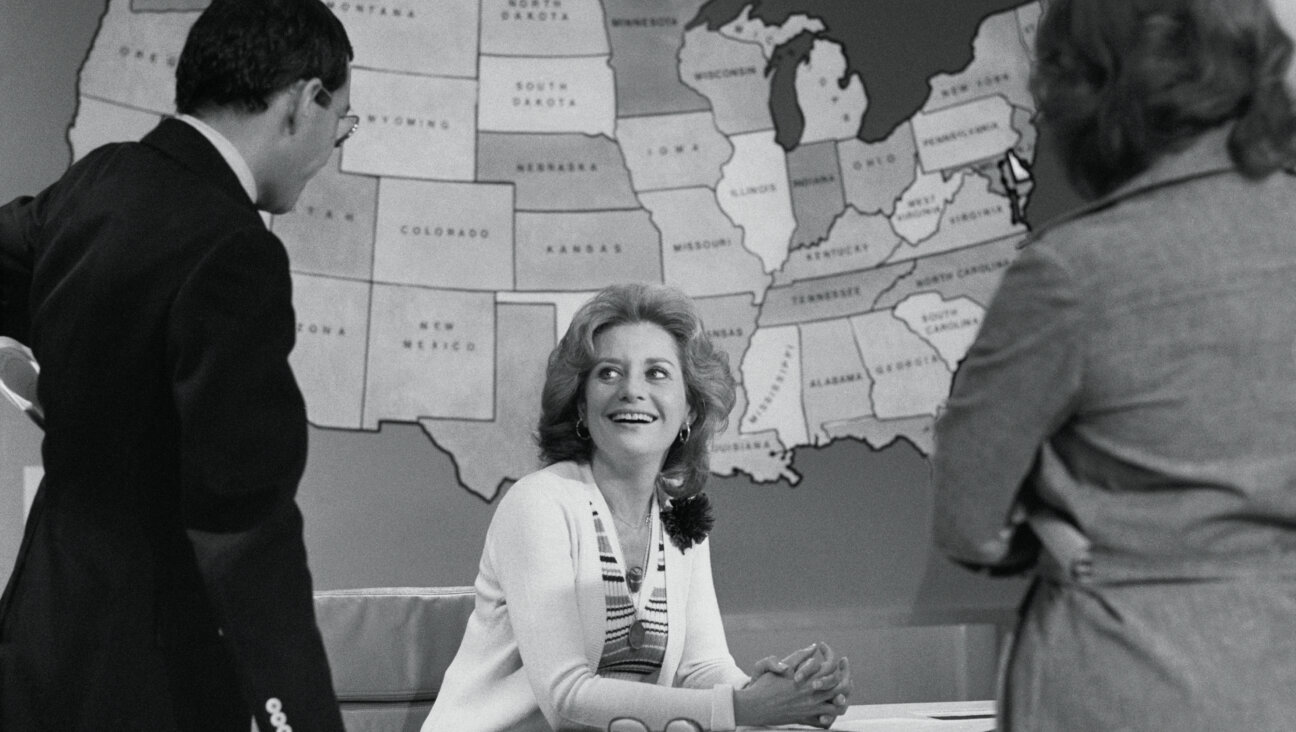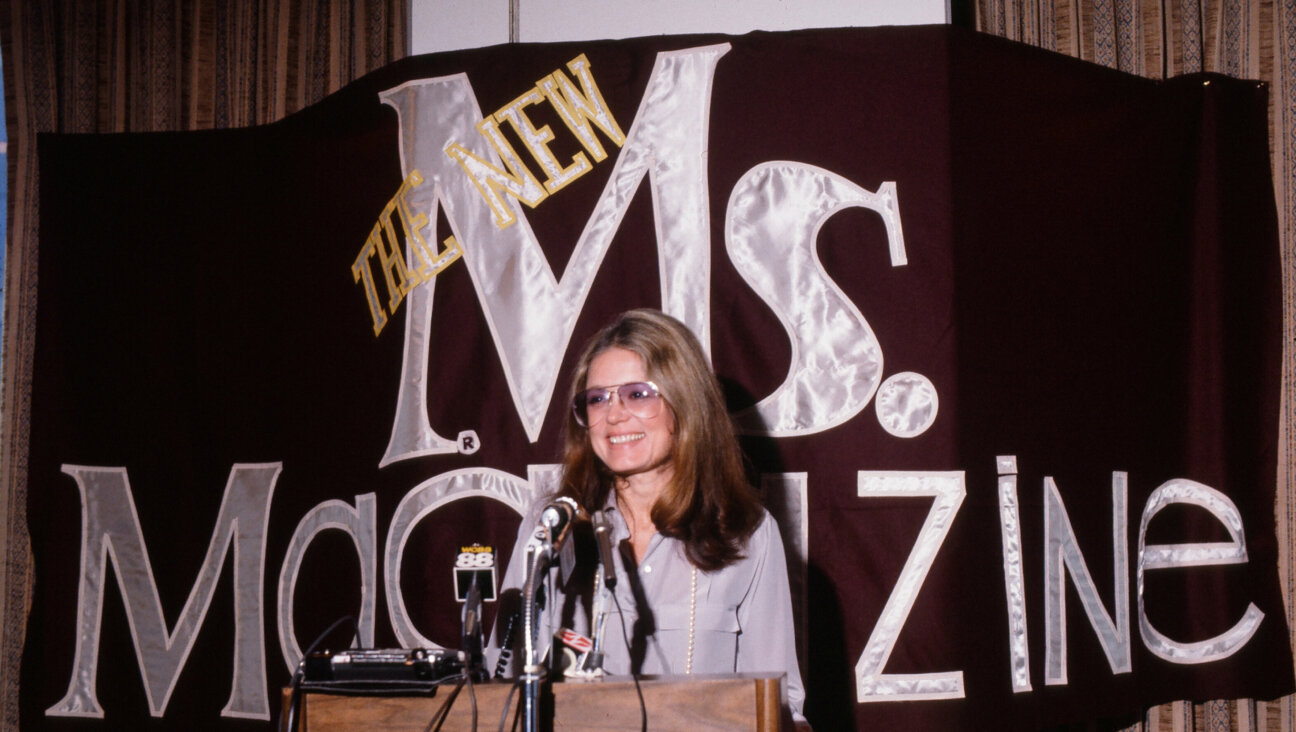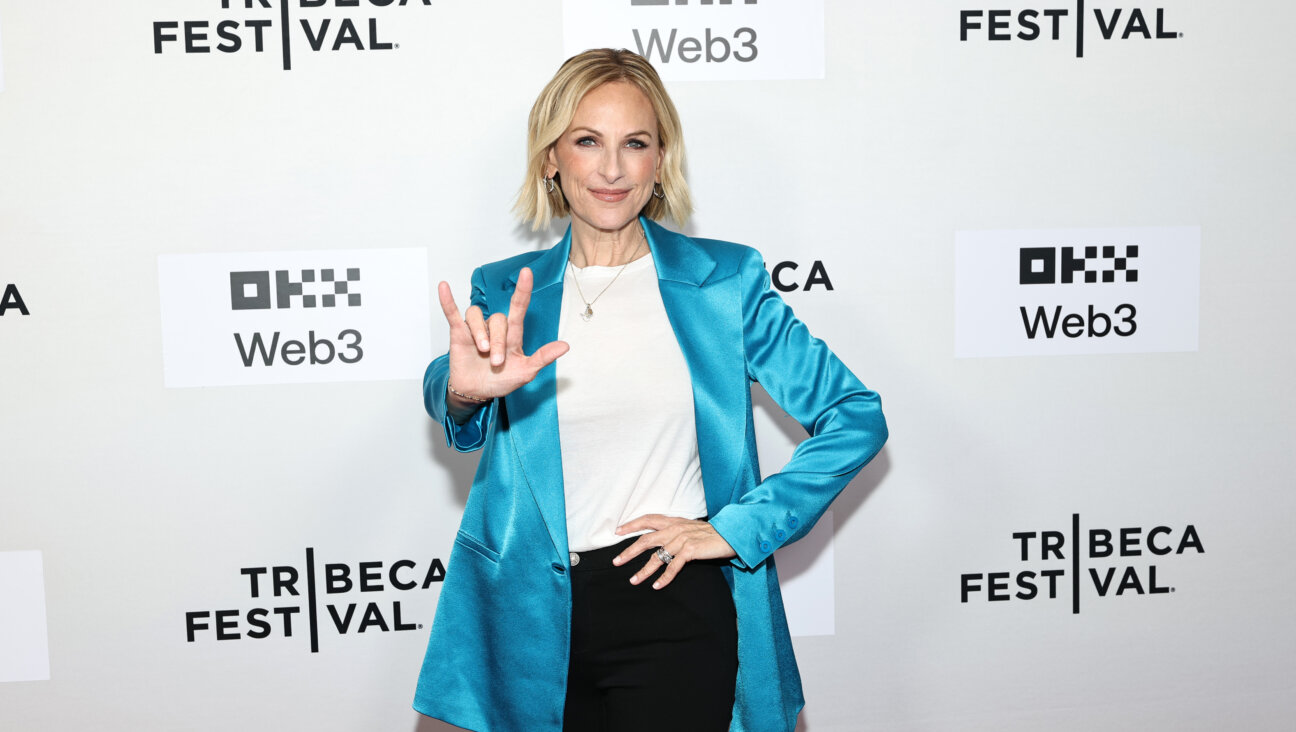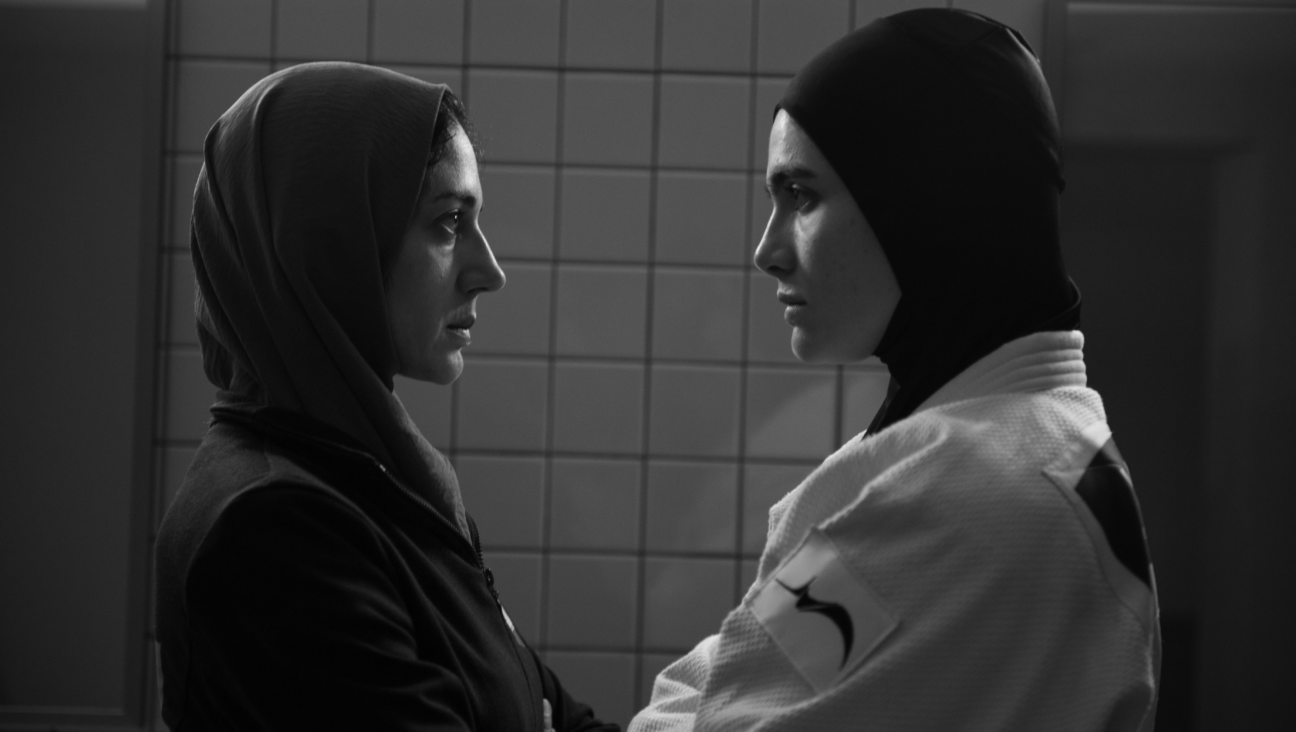At Berlin Festival, Documentaries Inspire and Infuriate

Graphic by Angelie Zaslavsky
In nearly a decade of covering Europe’s largest and busiest film fest, one of the aspects I have come to prize most about the Berlinale is the pride of place it bestows to documentaries. Even with this year’s lukewarm line-up, non-fiction films have made the biggest impact, notably the Italian competition entry
“Fuocoammare” (“Fire at Sea”), Gianfranco Rosi’s urgent and expertly crafted documentary about Lampedusa, Italy’s southernmost island, which at 70 miles from the Africa coast, has been the European entry point for hundreds of thousands of refugees. Rosi’s previous documentary, Sacro GRA about the highway encircling Rome unexpectedly took the Golden Lion at the 2013 Venice Film Festival. This time around, it shouldn’t be a surprise that the timely “Fuocoammare” has walked away with one of the Berlinale’s main trophies — the Golden Bear.
Alfred Hitchcock famously said, “In feature films the director is God; in documentary films God is the director.” This is a gross oversimplification, but alludes to a truth that distinguishes documentaries from fiction films; documentaries are the sum totals of the unexpected ways in which the subject matter plays out. Only an expert documentarian — someone with Rosi’s skill and sensitivity — can convincingly pull off a film where the utter directorial control results in something gratifying and not contrived.
A pair of festival documentaries about the Holy Land attempt and don’t quite pull off this feat. A carefully staged exploration of traditional Middle Eastern music is by far the more successful of the two.
“A Magical Substance Flows Into Me” is somewhat too long of a title for Jumana Manna’s fascinating if somewhat incomplete 68-minute-long film, which takes its cue from the musicological research of Robert Lachmann, a German-Jew who immigrated to Palestine and broadcast traditional music in a 1936-7 radio program. Manna, an American-born Palestinian artist who lives in Berlin, essays a contemporary recreation of what Lachmann called “A Musical Ethnography of Mandatory Palestine.” She reads from Lachmann’s program notes and plays the static-and-hiss filled broadcasts (often off her iPhone) to Palestinians, Bedouins, Samaritans, Copts and Moroccan, Kurdish and Yemenite Jews. The carefully framed shots of her subjects, often framed by windows, porches, tent-poles or kitchen shelves, transform their meager surroundings into the intimate stages for their soulful musical performances. The film has been presented before at art exhibitions, and at the Berlinale it screens as part of the Forum section, where the distinctions between fiction film, documentary and video installation are eviscerated.
In an interview with ARTFORUM last year, the director talked about her decision to film people in their homes (her own included): “Since the home is the heart of any colonial struggle, I decided to shoot the film in people’s homes. It’s partly coincidental that a lot of conversations take place in the kitchen, but I also see an echo between the craft of music and the making of food, a kind of corporeal memory.” She’s right to point out the political dimension of her subject, although it would have come across more organically had she cut her father’s overtly political commentary. As captured by Manna’s sensitive camera, the music truly speaks for itself, suffused with vitality and longing. It feels like an oversight that she failed to include more about Lachmann himself, a fascinating and little-known subject. Born in Berlin, he wrote a dissertation on Tunisian music and made field recordings throughout North Africa. He worked as a librarian for the music department Berlin State Library until the Nazis stripped him of his post in 1935. That year, he settled in Jerusalem where he founded the Archive of Oriental Music at Hebrew University.
Forum also played host to “P.S. Jerusalem,” Danae Elon’s infuriating video diary of her family’s ill-fated move to Israel. The director is the daughter of Amos Elon, the famous Israeli intellectual and leftwing critic. When he died in 2009 in self-imposed exile in Tuscany, he made his daughter promise never to move back to Israel, a pledge that Danae breaks when she relocates her family from Brooklyn to Jerusalem. For three years, she struggles to make her family happy, enrolling her two older boys (a third son is born in Jerusalem) in the only school in Jerusalem where Arab and Jewish students learn together. Her partner, Philip Touitou, feels cut off in his new surroundings. Linguistic and cultural barriers preclude him from making friendships or getting a job and he just seems to stay at home all day looking miserable. Speaking of homes, the lack of income flow during these three years doesn’t seem to have been too much of a problem judging by their sumptuous digs (being the only child of a famous author does have its benefits).
At the Max Rayne Hand-in-Hand school, her sons Tristan and Andrei (who are 3 and 5 when the family makes the moves) make Arab friends and learn Arabic. But they also shift uncomfortably in their seats as their teachers tell them about the Nakba. Elon and Touitou both say they want to give their boys an ethical consciousness, but for kindergartners to learn about the crimes of their parents and people against their classmates seems misguided and destructive for the entire class. Elon also takes Tristan along with her to demonstrations against settlements in East Jerusalem. It’s difficult to understand how any of this embodies what Touitou calls “trying to create a place in the heart where they can be proud of who they are.” Somewhat predictably, Tristan feels he needs to take sides at school. “I don’t want to be a Yehudi!” he shouts and comes home one day asking if it’s true that Arabs are the smartest people in the world, something his classmates have been taunting him with. Elon films these encounters dispassionately (she never steps in front of the camera) and she doesn’t seem to express much worry when bruises appear on one of her sons’ arms, and she learns he’s being pushed around for being Jewish.
Presumably Jerusalem is one of the main subjects of this documentary, but we see precious little of what life in that city is like, neither excitement nor aggravation nor stress nor joy. And we need to take Elon’s word when she tells us how meaningful Israel — a country when she hasn’t lived for 20 years — is to her. It doesn’t seem to go much deeper than personal nostalgia, which she’s incapable to transferring to her other family members. When the family packs up and ships out (this time for Montreal), you can’t help but thinking that Elon set herself up for failure from the very beginning.
A.J. Goldmann is a freelance journalist based in Berlin.
























